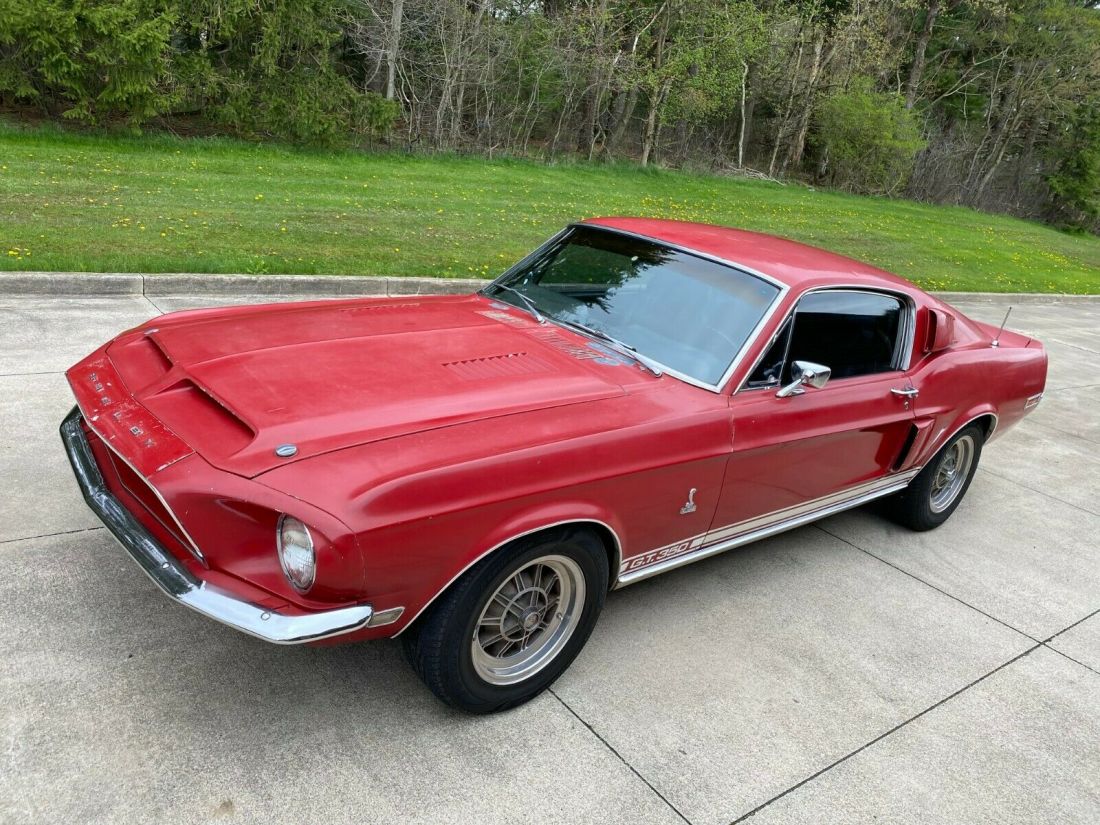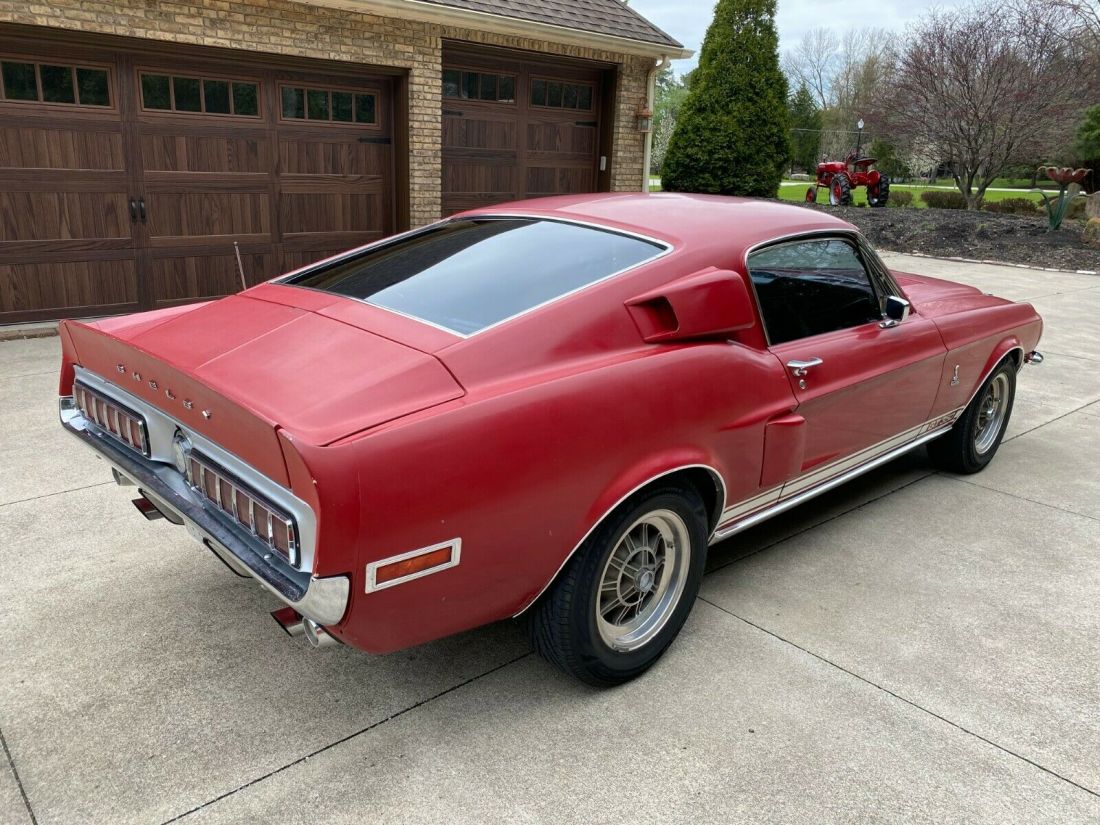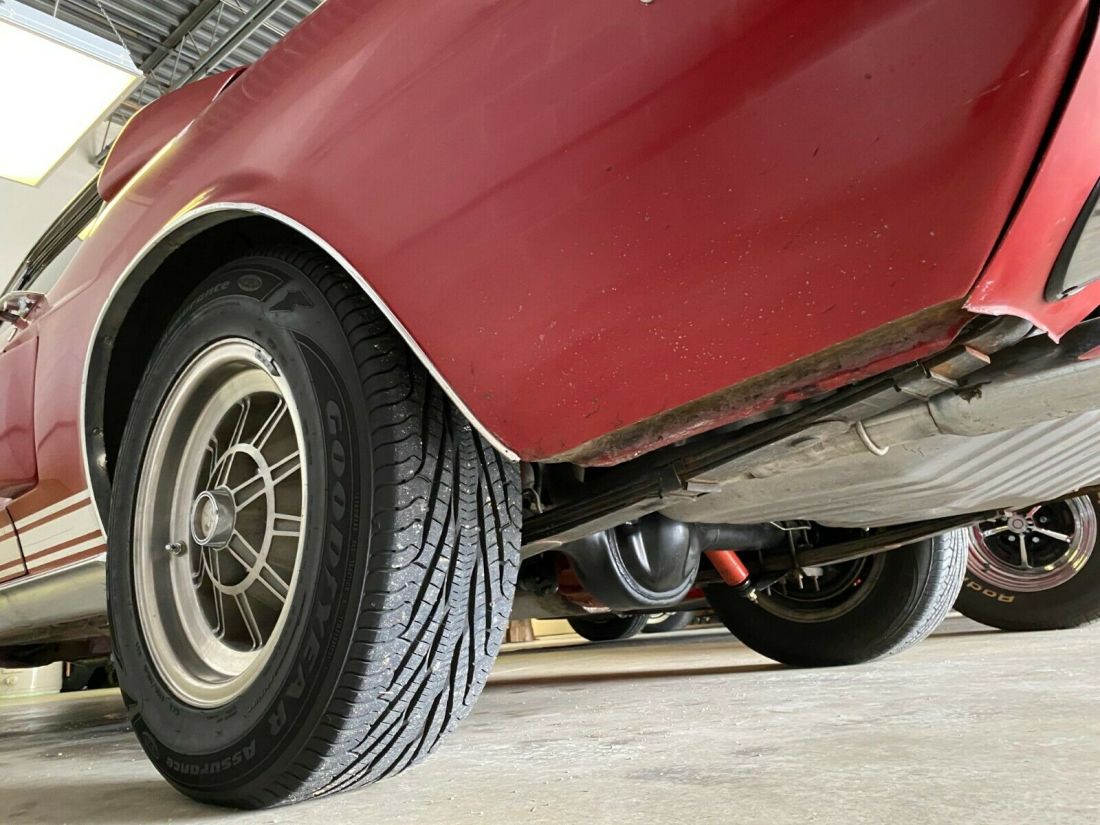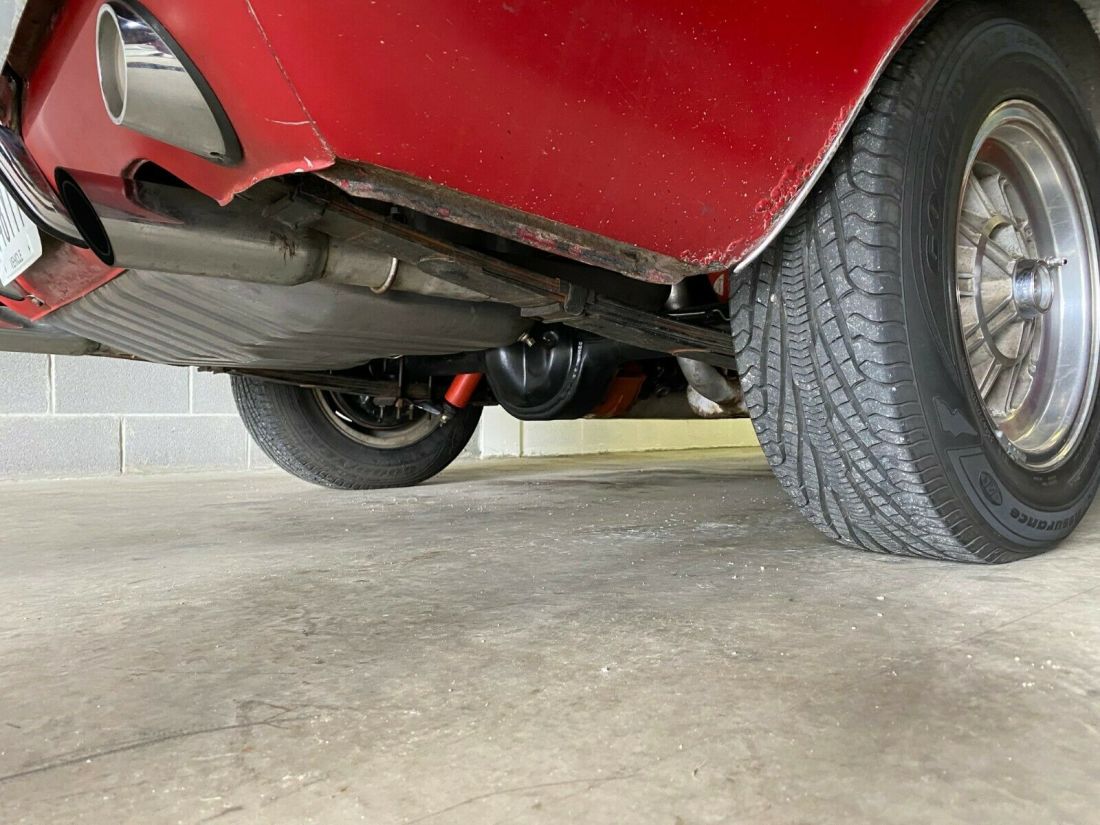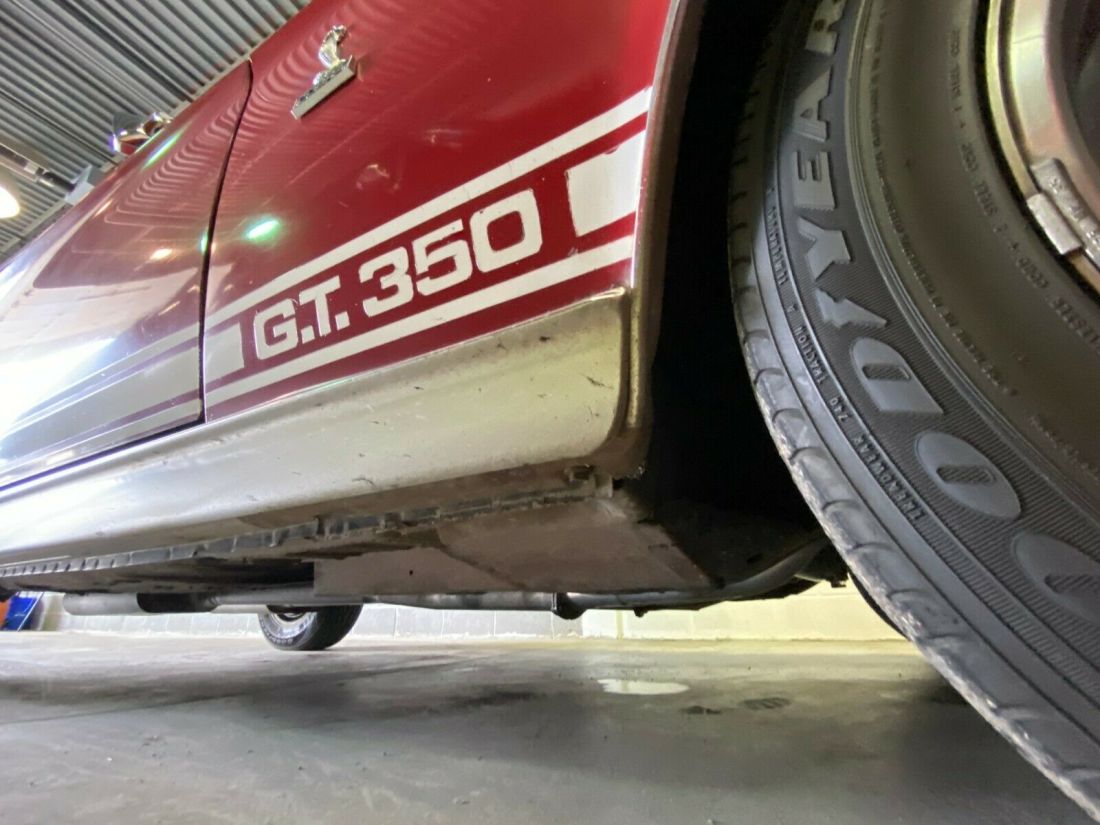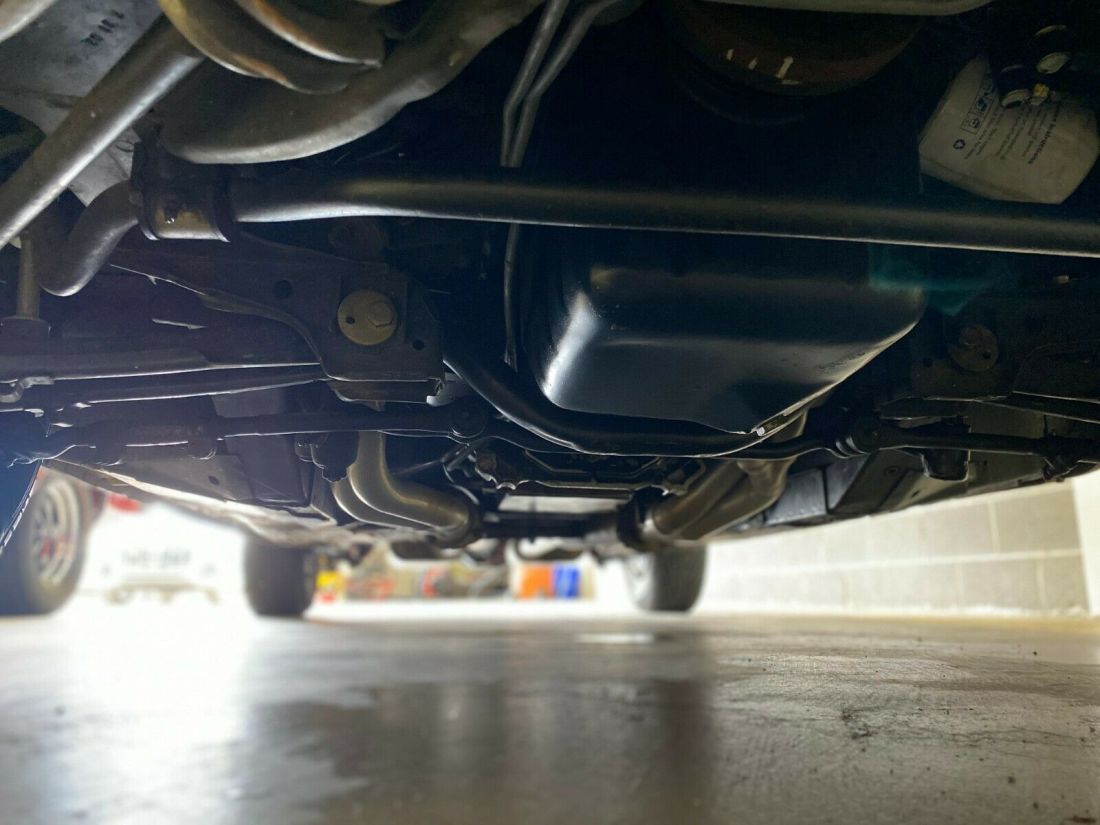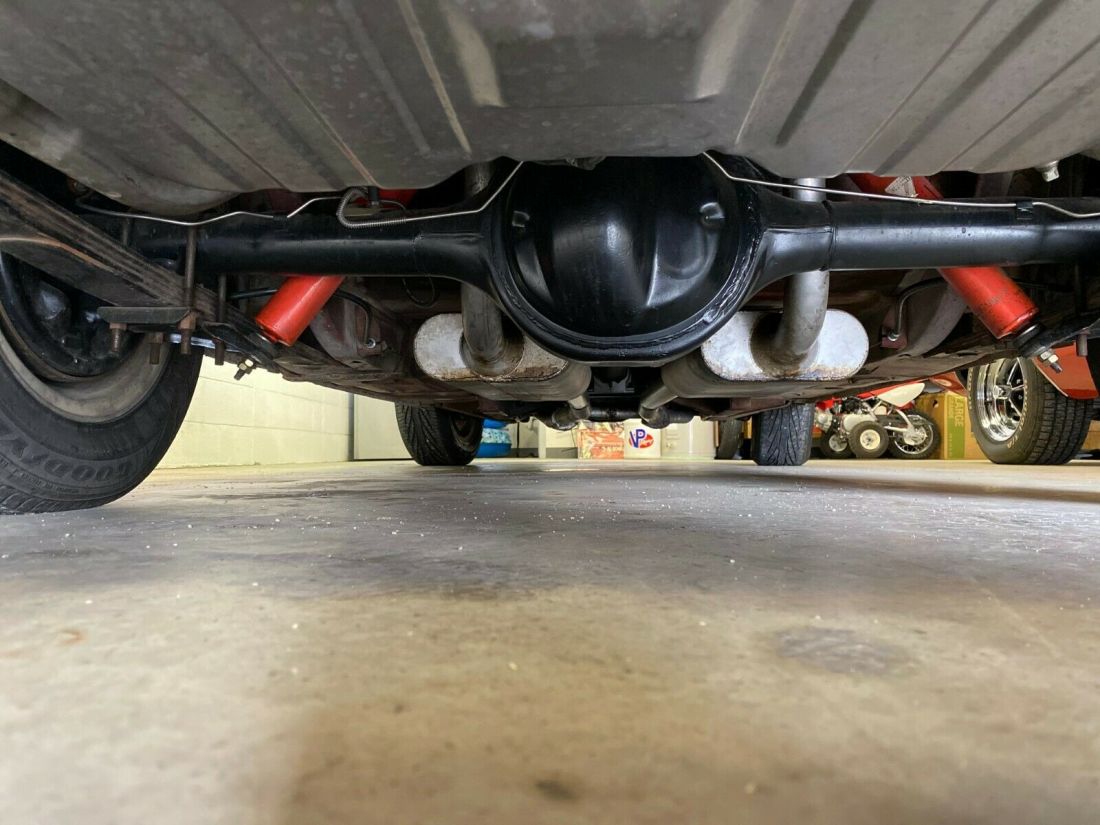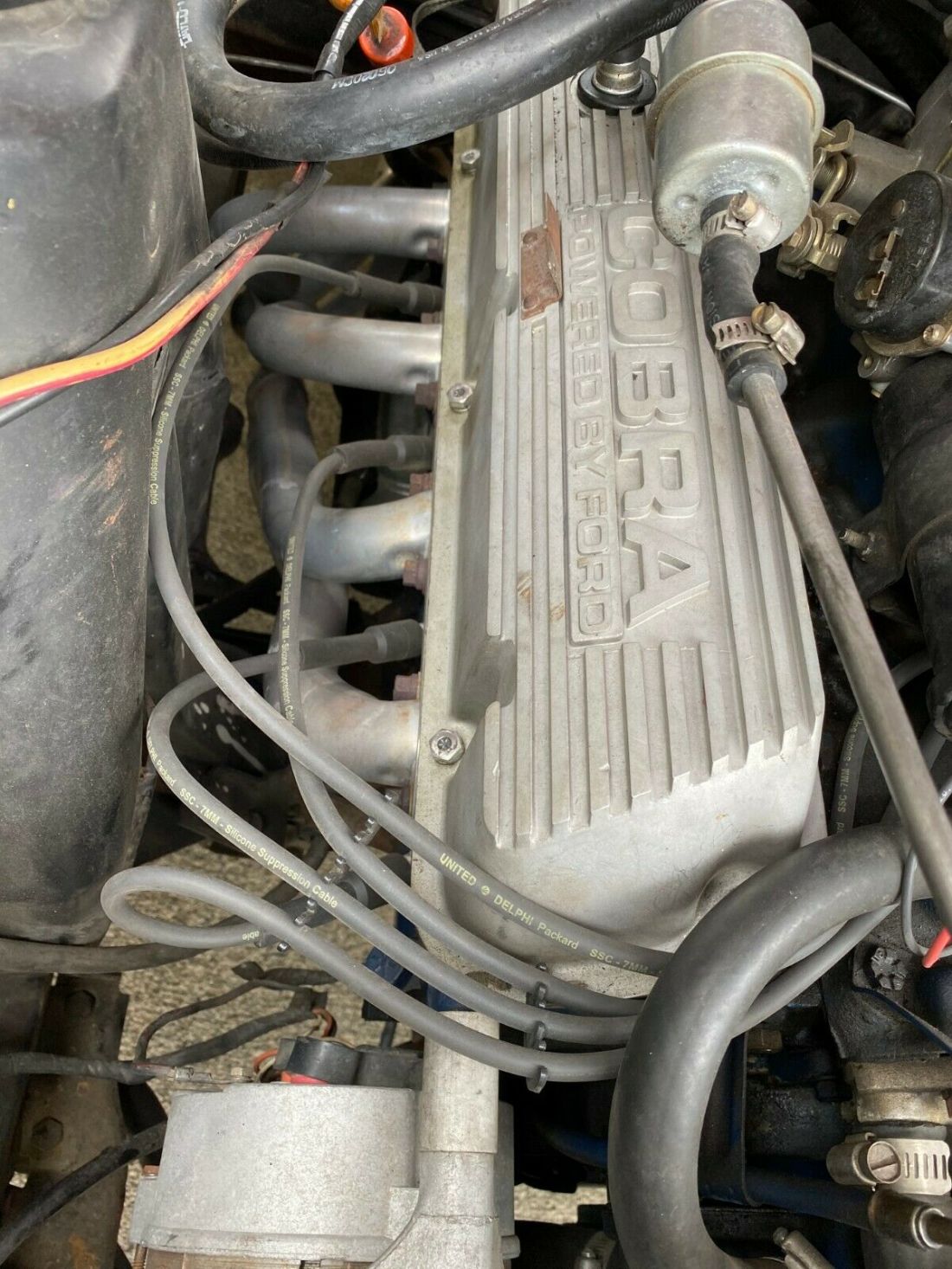1968 Ford Mustang Shelby GT350 Fastback All Original Numbers Matching Survivor
- Location: Broadview Heights, Ohio, United States
- Make: Ford
- Model: Mustang
- SubModel: Shelby
- Type: Fastback
- Trim: GT350
- Year: 1968
- Mileage: 146789
- VIN: 8TJ02J116117
- Color: Red
- Engine size: 302
- Number of cylinders: 8
- Power options: Air Conditioning
- Fuel: Gasoline
- Transmission: Automatic
- Drive type: RWD
- Interior color: Black
- Vehicle Title: Clean
1968 Ford Mustang GT350 Description
1968 Ford Mustang Shelby GT350 Fastback All Original Number Matching Survivor Arizona Car /Marti Report302 V8, C4 Select Shift Automatic transmission, Black Vinyl Bucket Seats, Candy Apple Red Paint, Air Conditioning
You cannot recreate this kind of patina. Runs and drives great, could be daily driver.
After its debut at the 1964 New York World’s Fair, Ford soon realized that the Mustang, although a tremendous sales success, needed more of a performance image. So, they turned to Carroll Shelby who knew that racing would be the key to creating the image Ford desired. Shelby’s first step would be to create a successful racing version of the Mustang. The result was the GT350R, a factory-prepared racecar. Only 37 R-models were built yet they dominated the SCCA’s B-Production class for the next three years. Shelby also constructed 516 street versions of the GT350. Like the R-models, these cars featured Ford’s K-code 289 V-8 modified to produce a reported 305 bhp. Beginning as a stock Mustangs, with 4-speed manual transmissions, they were delivered to Shelby American to receive high-riser manifolds, heavy-duty rear axles, better brakes all around and different badging. These first GT350s were not built for comfort as they had racing suspensions and the rear seats were removed to comply with SCAA homologation rules. Mustang sales across the board benefited tremendously from the racing successes of the GT350 not only in SCCA “club” racing but also in the very popular Trans-Am series. The production Mustangs modified by Shelby American became hot sellers and increased production was planned for 1966. Then in 1967, Ford restyled the Mustang and in the process, it became a larger and heavier car. Shelby’s engineers thus had to adapt the GT350 as well. To keep the car’s weight down and maintain the model’s distinctive look, a new fiberglass front end was designed. They incorporated a larger hood scoop and brake cooling scoops on the sides of the car in front of the rear wheels as well as scoops on the rear-quarter panels of the roof. Additionally, high-beam headlights were mounted at the center of the grille opening giving the car an aggressive face. The rear end received a built-in spoiler and large banks of taillights on either side of the fuel filler. The GT350’s interior was also made more comfortable and both power steering and power brakes became “mandatory options.” Generally, buyer’s tastes were changing and the Shelby Mustang was becoming more of a luxury performance car. This trend continued in 1968 as appearance and convenience were emphasized in Mustangs even more. Carroll Shelby in turn started to ease out of the car building business and the conversion of Mustangs into GT350s was moved from his Los Angeles facility to the A.O. Smith Company in Livonia, Michigan. For 1968 factory built 302 engines replaced the high-performance 289, and when Ford took over all of the promotion and advertising for the Shelby models, they were portrayed as more civilized cars. Officially the model’s name was also changed to Shelby Mustang Cobra GT350 and new badging used. Styling changes included a revised front end with inboard fog lamps instead of the high beam headlights and a new convertible body was offered. While these changes may have disappointed some enthusiasts, it certainly did not hurt sales. More Shelby Mustangs were sold in 1968 than in any other year. The subject car (#8T02J116117) is a 1968 Shelby Mustang Cobra GT350 Fastback; one of 4,450 total Shelby Mustangs built that year, of which 1,053 were fastbacks. According to the Shelby American World Registry this car was built on November 22,1967, at Ford’s Metuchen, NJ assembly plant, and sold new through Schanzmeyer Ford in Jefferson City, MO. Its first owner is unknown, but by 1983 the car was found and purchased by a Robert Suchack in Arizona. He in turn sold it to Gary Ellsworth, also of AZ. Ellsworth kept the car for 27 years, and is listed as the owner in the 1997 registry. |
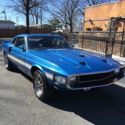 1969 Ford Mustang SHELBY GT350, One owner,all original, Marti, NUMBERS MATCHING
1969 Ford Mustang SHELBY GT350, One owner,all original, Marti, NUMBERS MATCHING
Mileage: 73,000
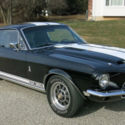 1968 Ford Mustang Fastback Shelby GT350 Clone
1968 Ford Mustang Fastback Shelby GT350 Clone
Mileage: 62,000
 SUPER RARE 1968 FORD MUSTANG FASTBACK X-CODE 390BB V8 NUMBERS MATCHING SURVIVOR
SUPER RARE 1968 FORD MUSTANG FASTBACK X-CODE 390BB V8 NUMBERS MATCHING SURVIVOR
Mileage: 75,008
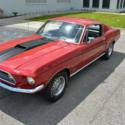 1968 Ford Mustang Fastback GT R code like shelby gt500 gt350 cobra S
1968 Ford Mustang Fastback GT R code like shelby gt500 gt350 cobra S
Mileage: 63612
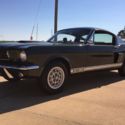 1966 Ford Mustang Shelby GT350 Numbers Matching Orginal Miles Under 7K
1966 Ford Mustang Shelby GT350 Numbers Matching Orginal Miles Under 7K
Mileage: 6,973
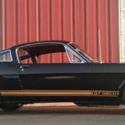 1966 Ford Shelby GT350 Mustang Concours Restored all numbers matching
1966 Ford Shelby GT350 Mustang Concours Restored all numbers matching
Mileage: 45444
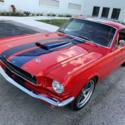 1966 Ford Mustang Fastback similar to shelby gt350 1965 1967 1968
1966 Ford Mustang Fastback similar to shelby gt350 1965 1967 1968
Mileage: 44600
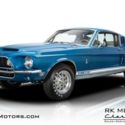 1968 Ford Shelby Mustang GT350 Acapulco Blue Fastback 302 V8 4 Speed Manual
1968 Ford Shelby Mustang GT350 Acapulco Blue Fastback 302 V8 4 Speed Manual
Mileage: 47211
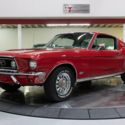 1968 Ford Mustang Fastback GT S Code 390 Tri Power Option 1967 Shelby GT350 500
1968 Ford Mustang Fastback GT S Code 390 Tri Power Option 1967 Shelby GT350 500
Mileage: 28565
 1966 Ford Mustang Shelby GT350 Never SEEN Rain! Numbers Matching! Orginal Miles!
1966 Ford Mustang Shelby GT350 Never SEEN Rain! Numbers Matching! Orginal Miles!
Mileage: 6,973

